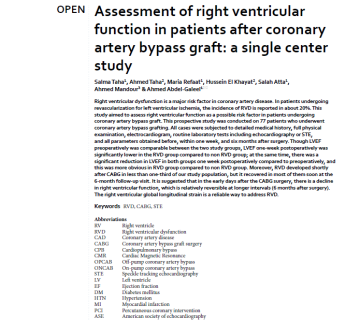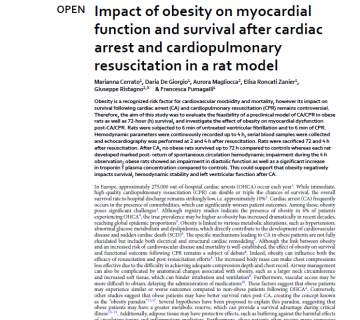Statins are a cornerstone of cardiovascular risk reduction. Nevertheless, non-acceptance of statin therapy recommendations by patients at high cardiovascular risk is common. The reasons for statin non-acceptance have not been well established. We conducted a manual record review of a randomly selected set of patients who did not accept statin therapy recommendations to identify (a) documented reasons for statin non-acceptance and (b) patients’ demographic characteristics, comorbidities and current treatment. We analyzed the relationships between patients’ characteristics and reasons for statin non-acceptance. The most common reasons for statin non-acceptance were preference for lifestyle modifications (51.5%), general aversion to medications (19.1%), polypharmacy burden (17.1%) and fear of adverse reactions (10.9%). Patients taking more medications were more likely to express a concern about polypharmacy burden (OR 1.09; 95% CI 1.005–1.18). Patients who previously had adverse reactions to non-cholesterol lowering medications were more likely to fear adverse reactions to statins (OR 1.13; 95% CI 1.001–1.28). Patients who expressed preference for lifestyle modifications had time to low density lipoprotein cholesterol (LDL-C) < 100 mg/dL similar to patients who did not accept statin therapy for other reasons (1935 vs. 1777 days, p = 0.26). Patients’ reasons for non-acceptance of statin therapy are often linked to their past and present medical experience. Appropriately addressing these concerns is important to maximizing cardiovascular risk reduction in individuals who may be reluctant to initiate statin therapy.




بدون دیدگاه